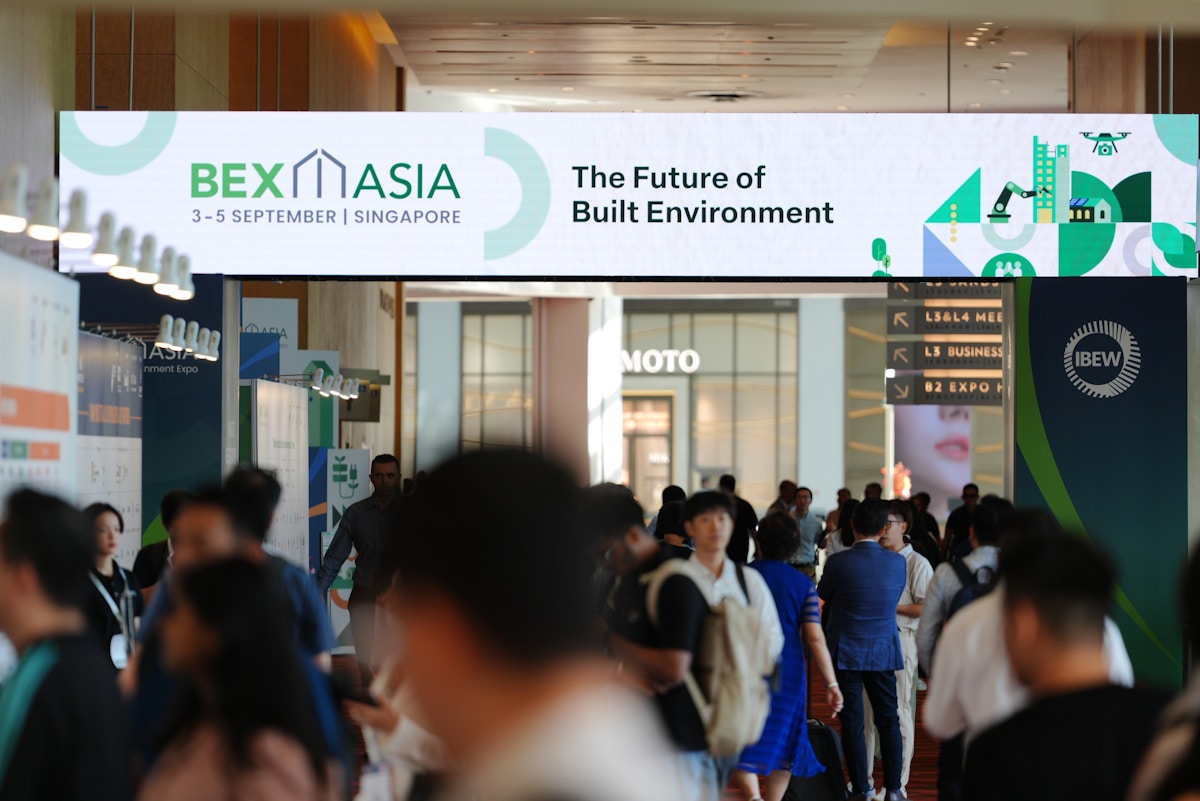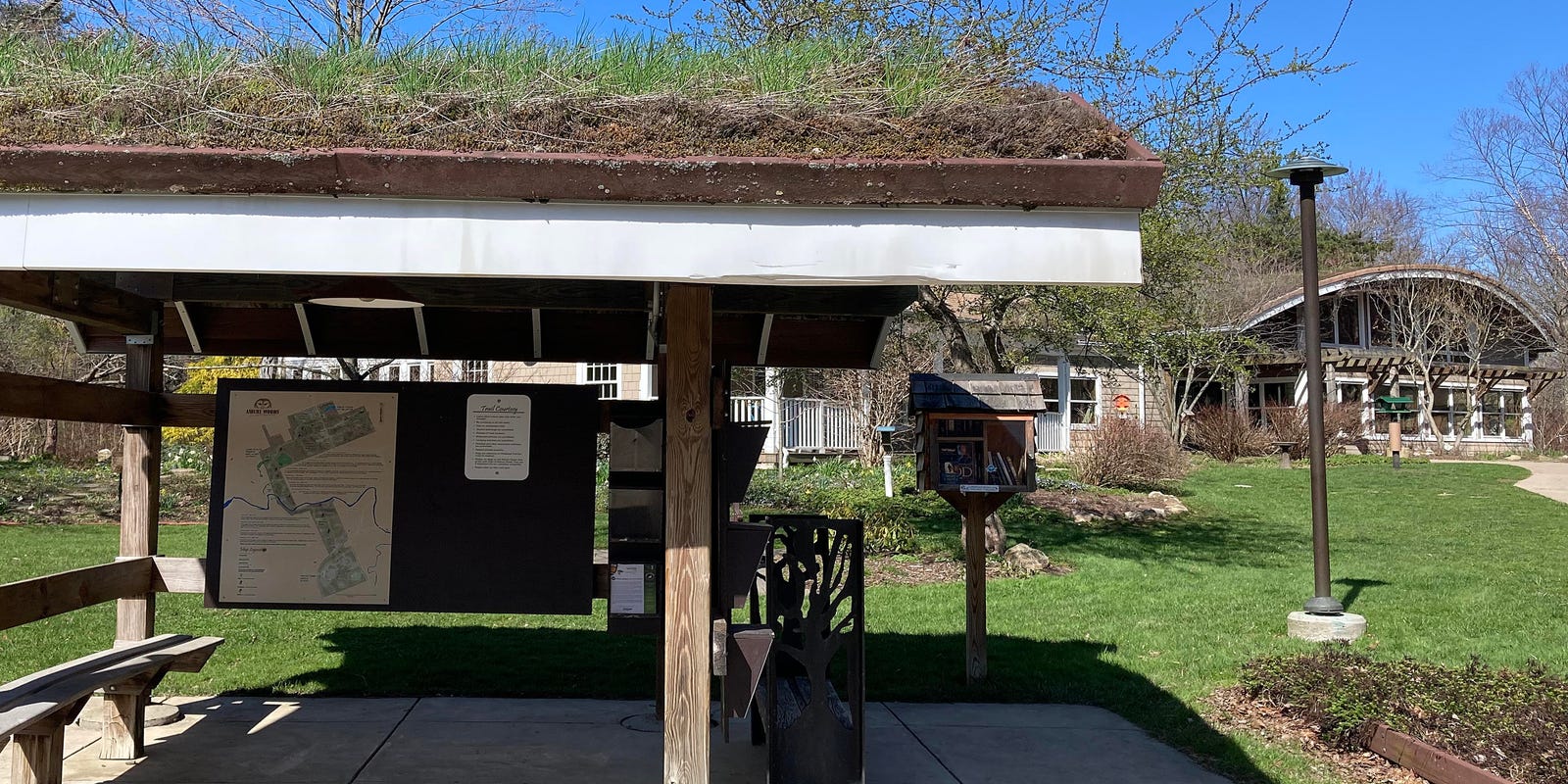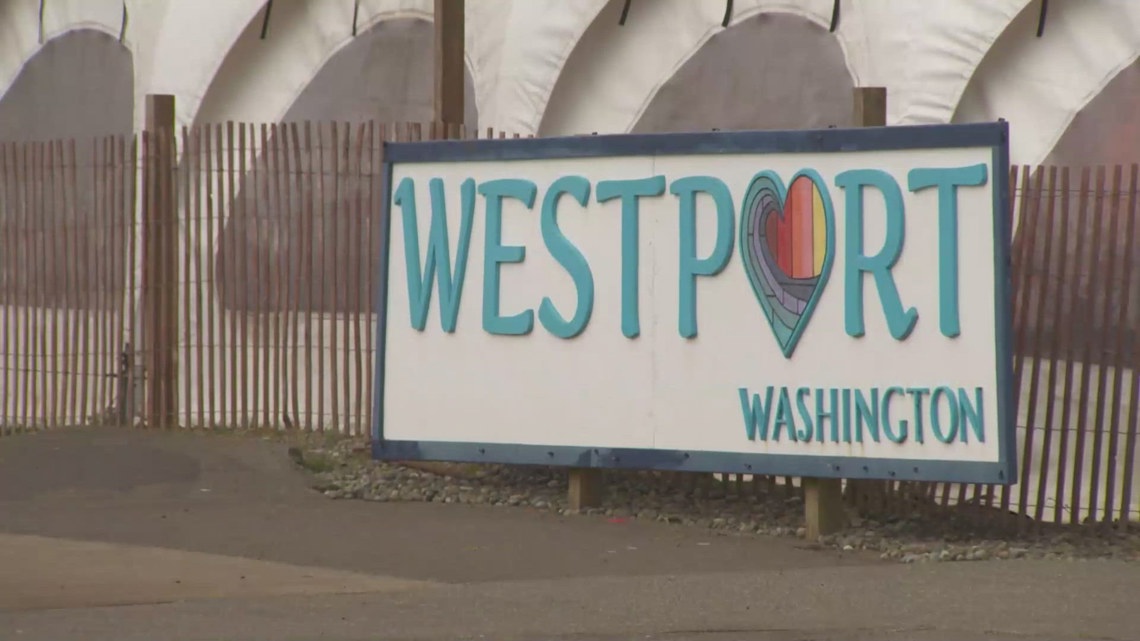Tech Titans Reshape Asia's Urban Landscape: Inside the Future of Sustainable Design

The Built Environment Transforms: Global Experts Converge at IBEW 2025
The International Built Environment Week (IBEW) 2025 burst into life today at Marina Bay Sands' Expo & Convention Centre, heralding a groundbreaking gathering of global innovators, sustainability champions, and industry leaders. This prestigious event, meticulously orchestrated by BCA International, promises to be a pivotal moment in reshaping our urban landscapes and construction methodologies.
As the doors opened, the venue buzzed with excitement, showcasing cutting-edge technologies, revolutionary design concepts, and sustainable solutions that are set to redefine how we conceptualize, construct, and inhabit our built environments. Architects, engineers, policymakers, and technology experts from around the world have assembled to share insights, challenge existing paradigms, and collaborate on transformative strategies.
The event represents more than just a conference; it's a dynamic platform where vision meets implementation, where innovative ideas are translated into tangible solutions for our increasingly complex urban challenges. From smart city technologies to green building practices, IBEW 2025 is positioning itself as the crucible of future-focused built environment development.
Attendees can expect a rich tapestry of keynote speeches, interactive workshops, technology exhibitions, and networking opportunities that will push the boundaries of what's possible in urban design and construction.








